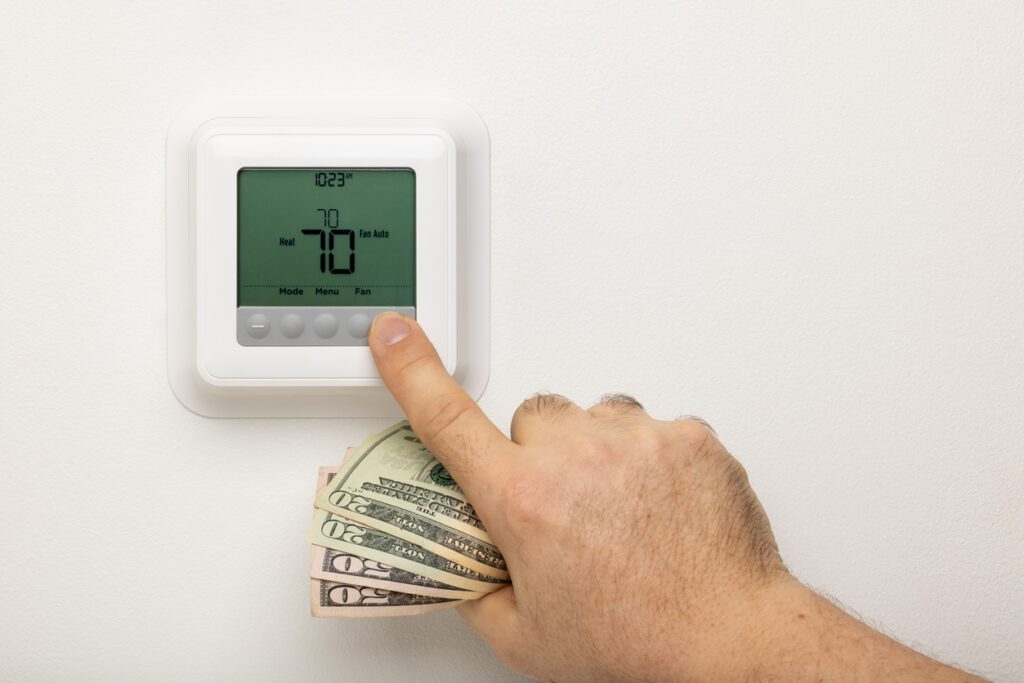
U.S. heating costs are likely to increase by 8.7 percent, to an average of $941, according to the National Energy Assistance Directors Association (NEADA), which represents state administrators of federal utility aid programs for low-income households. While cost increases for all heating types will occur, the expected increase will affect consumers who heat their homes with electricity the hardest, with bills likely to increase by 14.2 percent to an average of $1,189 versus last year’s $1,040, according to NEADA. The increase is mainly due to the rise in energy use following the recent severe cold snap that blanketed much of the nation with snow and frigid temperatures.
Additionally, federal data shows that electricity costs are up 3.1 percent for the 12 months ending in November 2024, which is higher than the inflation rate of 2.7 percent. An exceptionally hot summer followed by a frigid winter has given American homeowners a one-two punch of cost increases that are devastating budgets, particularly for low-income homeowners. This week’s timely report from NBC News shows ways that homeowners can reduce home energy costs.
Highlighting financial incentives
NBC News investigative reporter Vicky Nguyen highlighted federal financial incentives published on https://www.energystar.gov/saveathome, including tax credits of up to $3,200 for homeowners to take action to improve their home’s energy efficiency. Through the website’s rebate finder, homeowners can learn about rebates available through their local power company and tax credits for insulation, windows, and other energy-efficient home improvements. These tax credits were authorized under the Inflation Reduction Act.
The report also recommends that homeowners start their energy efficiency upgrades with a home energy audit, for which homeowners can get a credit of $150 and may, in some cases, get it for free through their local utility company.
Top recommendations
Nguyen also advised homeowners to seal leaks and gaps in their homes with weatherstripping or caulking around windows/doors and checking around plumbing, wiring, ducts, and the chimney flue for leaks. She further emphasized insulating your home’s attic to lower winter heating costs.
These improvements, she noted, will help homeowners lower their energy costs and save money in the long run.
The U.S. Department of Energy says that all the air that leaks from homes through small gaps and cracks is the equivalent of leaving a window open 24 hours a day. This is why sealing those leaks is so important.
Optimizing indoor temperatures
To save money, Nguyen advised consumers to reduce their thermostats to 68 to 70 degrees and lower the thermostat by 7 to 10 degrees overnight. An easy way to do that is with a smart thermostat.
Additionally, Nguyen advised homeowners to change their air filters every 30 to 90 days, which can help their furnaces run more efficiently.
Other recommendations
Additional recommendations discussed during the broadcast segment included:
- Reducing water heater temperature to 120 degrees (an estimated $400/yr. savings)
- Insulate exposed pipes
- Run full loads of dishes or clothes
- Wash clothes in cold water
Conclusion
While consumers can’t control energy cost increases, taking steps to reduce their home energy use, including air sealing and adding insulation, can cut their energy costs by up to 11 percent, according to ENERGY STAR.[1] That savings can help reduce the budget impact of heating costs increases.
[1] https://www.energystar.gov/saveathome/seal_insulate/why-seal-and-insulate
